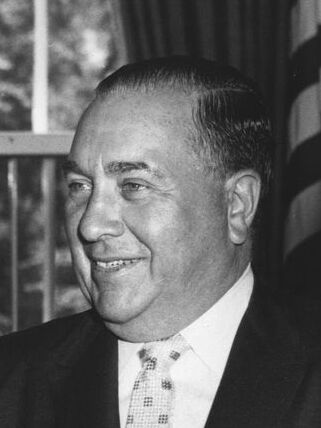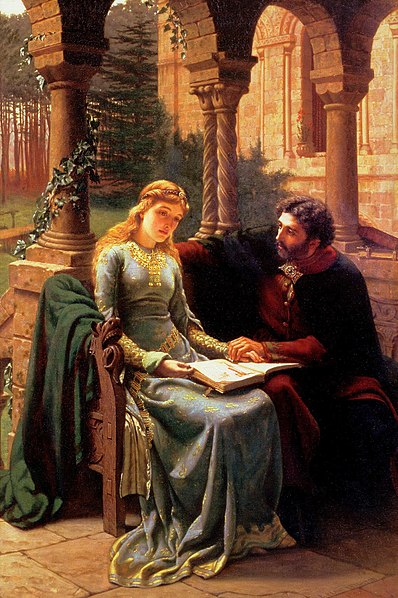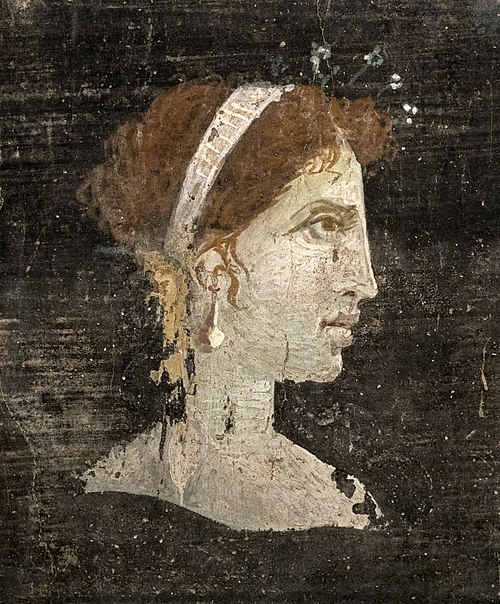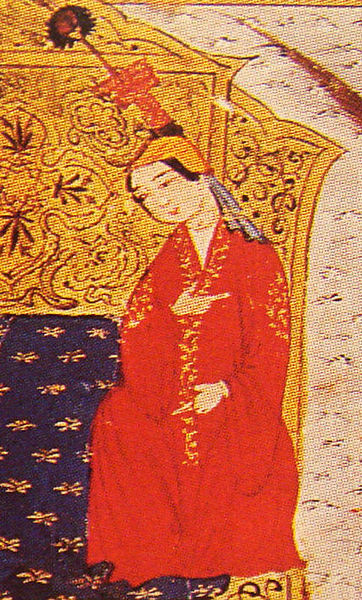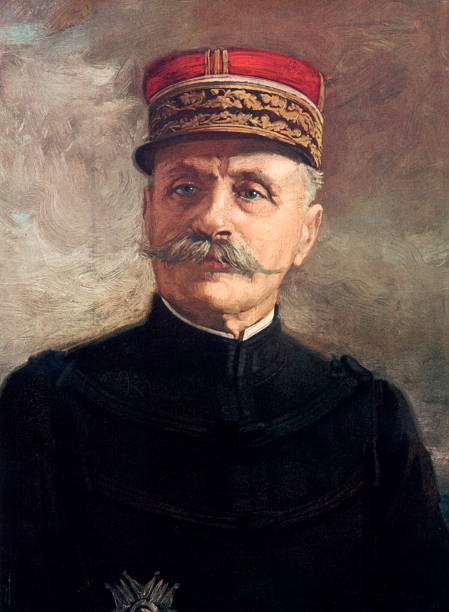
FUN WITH NUMBERS
November 11, 1918, 5:00 A.M.
Compiègne, France
After four long years of war, Marshal Ferdinand Foch, Supreme Commander of the Allied Armies, has decided it’s time for peace. Well, not quite yet. In another six hours.
That’s right: the world will have peace, but only at the cleverest possible time of day.
Marshal Foch, the sober general who for the past six months has borne with grim determination the heavy burden of command, has now turned giddy with the prospect of an end to the fighting. He decided to wax whimsical. He pegged the official end of hostilities at exactly 11:00 A.M. today- the eleventh hour of the eleventh day of the eleventh month.
How fortuitous that the calendar cooperated and aligned with his flight of numerological fancy.
All of the top generals at HQ hailed the announcement, stating that clever things happen when one smart man is given autocratic power.
“The clock and the calendar were our allies today,” one of them proudly proclaimed.
The common soldiers couldn’t be reached for comment. They were busy fighting. We trust they will be notified in due time.
But seriously…
November 11, 2021
In November, 1918, World War One was finally coming to an end. The conflict had taken, by conservative estimates, fourteen million lives, soldier and civilian, and had left another twenty-one million wounded.
The War to End All Wars- which of course didn’t end war- erupted out of the apparent order of the old monarchies of Europe and Russia. The Great War was a product of the Great Powers (the leading nations of Europe). The rulers of these dominions played the Great Game- acquiring and flaunting their trophies of land, colonies, power, prestige, and glory. And they played the game with their subjects’ lives.
The war officially ended when the leaders of these same Great Powers (those who were left standing) put their florid signatures to a piece of paper in a palace. This occurred on June 28, 1919, in the grand Hall of Mirrors in the Palace of Versailles outside Paris. But the fighting had stopped and the celebrating had begun seven months earlier. That date- November 11th, 1918- was decided by a single man. He was not a king or a prime minister. He was a professional soldier.
A New Napoleon
Ferdinand Foch grew up on stories about Napoleon. Ferdinand’s own grandfather had served in Bonaparte’s army, and young Ferdinand was taken with this romantic figure who brought glory to France. Like Napoleon, he would be an innovator. Like Napoleon he would be reviled and revered. And like Napoleon- who once said he would rather lose an army than lose an hour- Foch would be willing to spend the lives of his men in large numbers to achieve victory.
Metz
In 1870, Foch was a student at a Jesuit college in the town of Metz, in the province of Lorraine, when the Franco-Prussian War broke out. This was the war that saw France defeated, Alsace and Lorraine taken, and her glory surrendered to a now-unified Germany, with William I of Prussia crowned emperor. He chose to be coronated on French soil, at Versailles. After the war Foch witnessed German troops march through the streets of Metz in a show of power. He never forgot that humiliation.
William’s grandson, Kaiser Wilhelm II, was the man who led Germany into World War One.
In WWI Foch was a crusading general. He hated the trench warfare that had armies bogged down, fighting over the same scraps of land for years, with horrific casualties. He favored an aggressive strategy which he called “offensive à outrance” which emphasized attacking with overwhelming force. This style of fighting got him fired in December 1916 after it caused devastating losses in the Battle of the Somme. But by early 1918, with the war effort foundering, he was seen as the only man who could save the Allied cause. He was called out of retirement and made the commander-in-chief of the allied forces.
Keeping Up the Pressure
On November 7, 1918, a delegation representing Germany arrived at Foch’s headquarters in three staff cars, two soldiers on the running-board of the first car each waiving a large white flag and blowing a five-foot-long silver bugle. They wanted to discuss terms for ending the war. Even in defeat, the Germans couldn’t help being Wagnerian.
The German war effort was falling apart. Almost two million Americans
were now stationed in France, ready to tip the balance of power. And recently, captured Allied soldiers had revealed plans for an offensive that threatened to end the war and destroy what was left of the German army. They were now interested in ending the conflict in a way that allowed them to keep their army intact.
Foch met with the delegation, presented a list of crushingly harsh terms for them, and gave them a deadline of November 11th to decide.
The planned Allied attack was set for the 14th. Foch believed that the best way to end the war quickly was to keep up the pressure. So he continued plans to go ahead with the offensive, while negotiating the peace.
The target of the tide-turning attack was the little town of Metz.
Metz was a vital rail hub, but for Foch, an acolyte of Bonaparte eager to return glory to France, avenging the wrong he had witnessed as a young student forty-seven years earlier had to be on his mind.
The Final Day
November 11th was a busy day in France.
Germany had agreed to end the war, and the armistice was signed at 5:00 AM. But it didn’t take effect until 11:00.
So the men kept fighting and dying.
The decision whether to fight during those six hours was left up to individual commanders. Some of them chose to spare their men. Some feared being disciplined if they didn’t send their boys into battle. And some, like Colonel George C. Patton, yearned for one last gasp of glory. He bribed an orderly to let him out of the hospital where he was convalescing, and drove to the front.
Major General William M. Wright had the distinction of conquering the last town taken by American forces in the war. The hamlet of Stenay, with its 850 inhabitants, held a crucial strategic advantage for General Wright, as he explained:
“If the enemy were permitted to stay in Stenay, our troops would be deprived of the probable bathing facilities there.”
Apparently he felt his troops couldn’t wait until 11:00 to take a bath.
Senseless
It has been estimated that over 2,700 men died in battle on the last day of the war. Total casualties for that day were higher than on D-Day.
Was Foch responsible for those deaths?
Should he have stopped the fighting?
With the deficiencies in messenger service, could he have?
The stoic quality that allowed him to sacrifice those 2,700 lives was the same one that helped him rescue the war effort, and bring it to a peaceful end.
He famously said,
“How did I win the war? I smoked my pipe.”
Meaning, he stayed calm and emotionless, and did his job.
The fighting men did their job also. They did keep going, and battled bravely, fighting over land the Germans had already signed away.
They must have wondered, in this most capricious war, what the officers were thinking.
One thing can be said: the madness began long before Foch took over command.
Peace
What did the man who ended the fighting think of the treaty that ended the war? He believed it would not bring peace, but only a temporary armistice. He favored harsher terms for Germany, the perpetrators of the war, and predicted they would strike again if not controlled.
He complaint, which went unheeded:
“It is not peace, but an armistice for twenty years.”
If the victors had taken his hardline stance, could they have avoided World War Two, saving millions of lives? Who knows? Others, like President Woodrow Wilson, believed the terms were too harsh. Of course, Foch and his countrymen remembered when, in 1871, the Germans set heavy, punitive terms on the defeated French.
Foch was buried with his hero Napoleon, under the dome of the Hôtel Des Invalides in Paris, in what has come to be a pantheon of military heroes. The edifice wasn’t originally built to glorify generals. It was built to house injured soldiers, the forgotten men, from a war now distant in time.
Sources
Eleventh Month, Eleventh Day, Eleventh Hour: Armistice Day, 1918, World War I and its Violent Climax, Joseph E. Persico
King, Kaiser,Tsar, Three Royal Cousins Who Led the World to War, Catrine Clay
